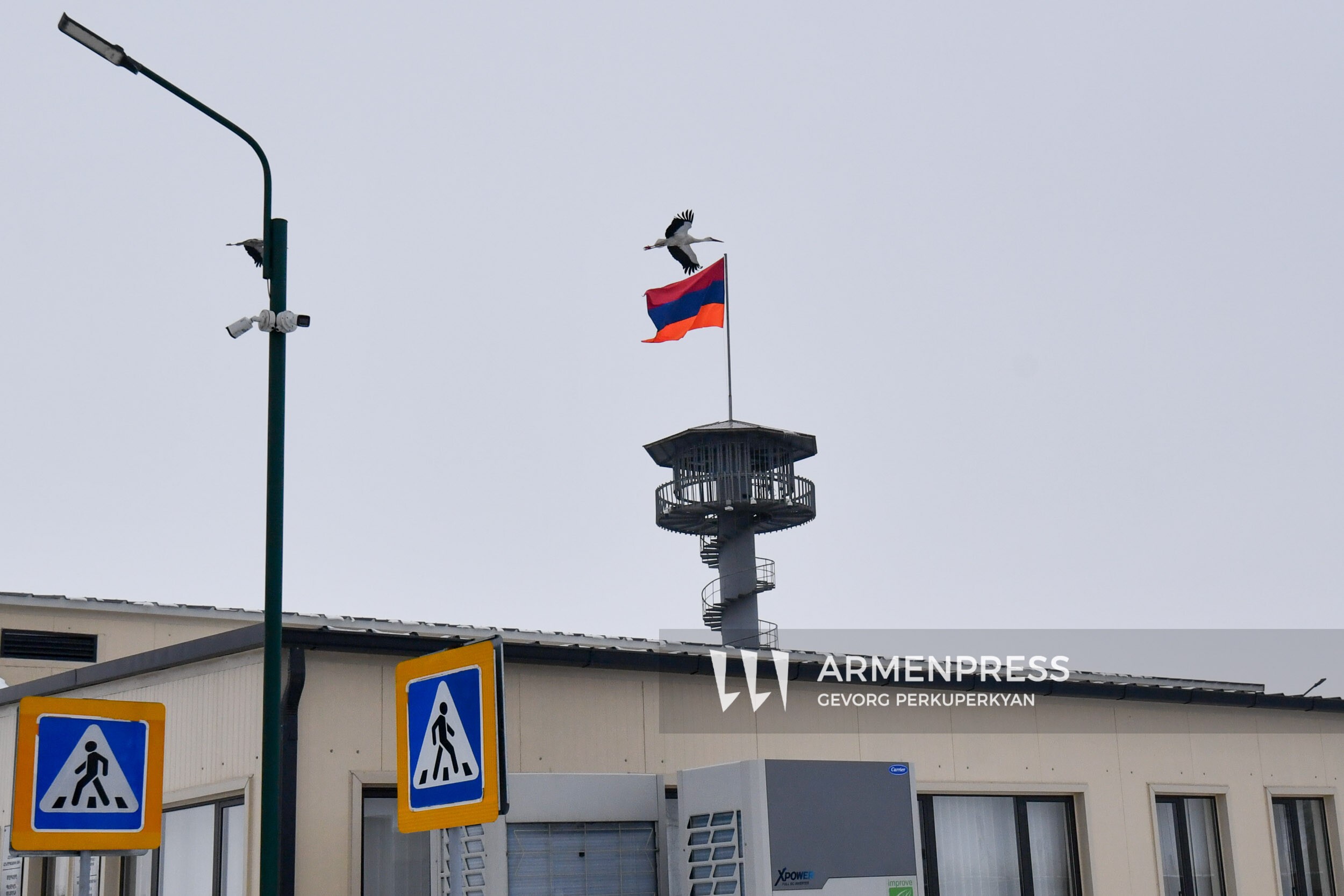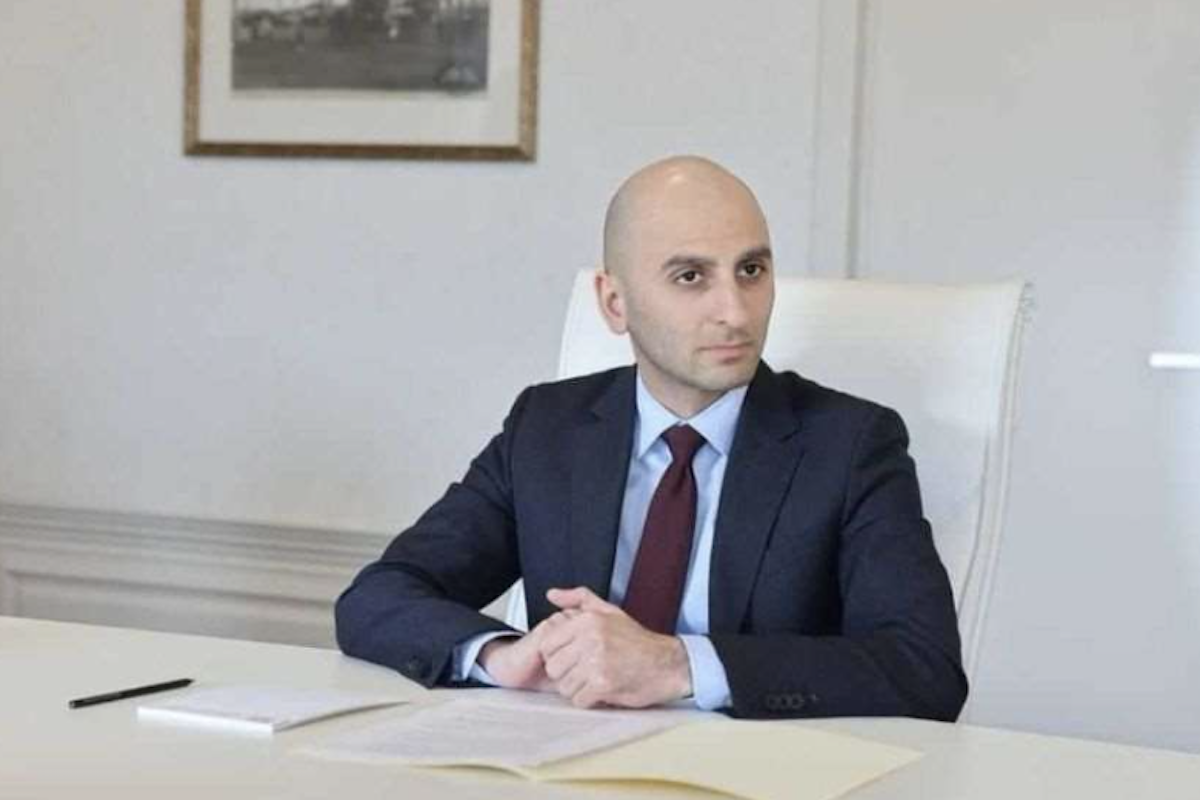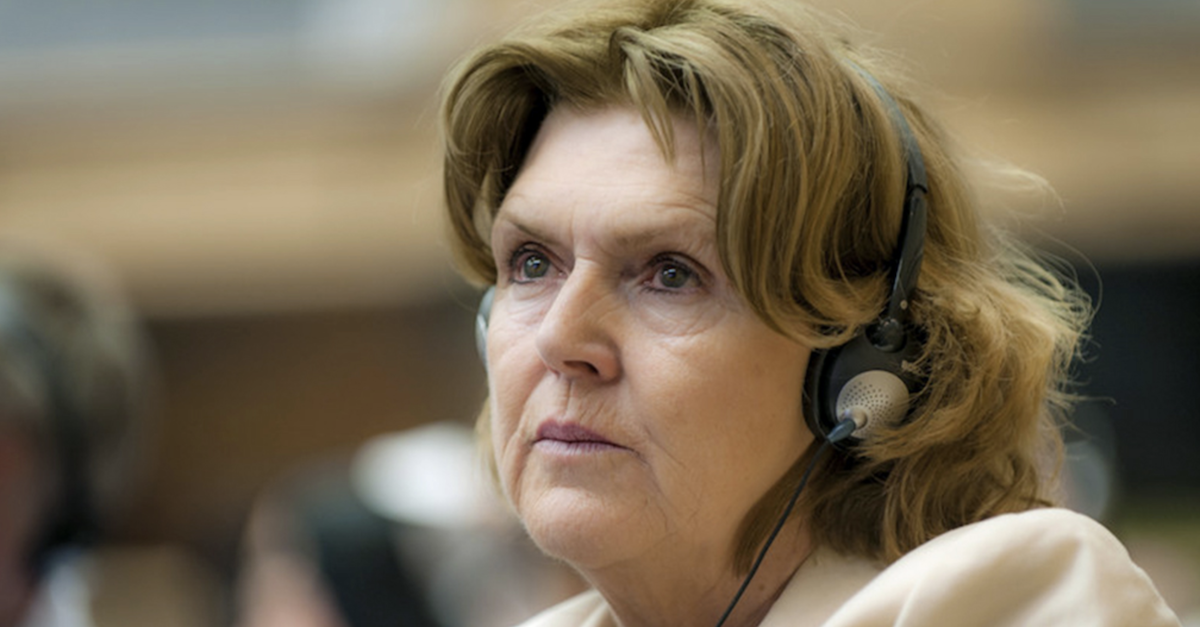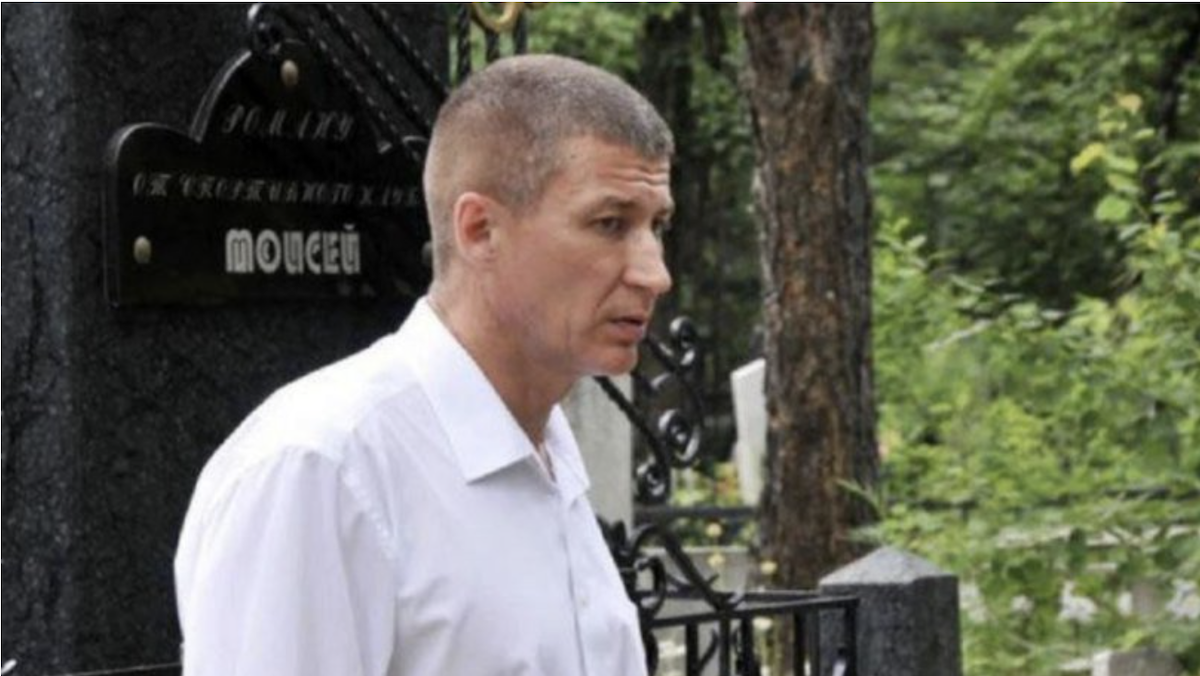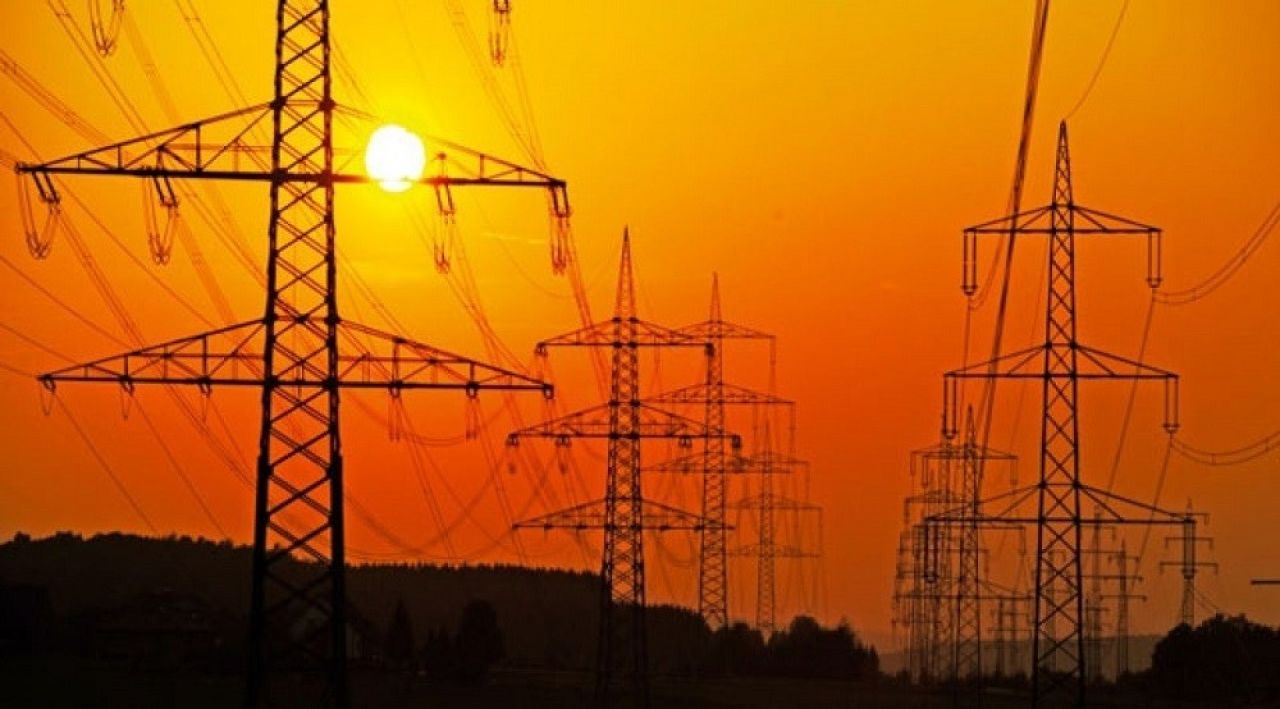Share














Most read

Top stories in Azerbaijan, Armenia, and Georgia from 19-23 January, 2026
Opinion: 'Armenia is returning to space it was pushed out of'
'Garegin II could declare himself Catholicos-in-exile' - debate in Armenia
Latest news in Georgia, Armenia, Azerbaijan, summary. Live
Iran unrest: Washington Post weighs possible Baku move to protect ethnic Azeris

'Abkhazia is not anyone’s showcase, and we did not ask Moscow for help' — response to Russian propagandist’s article
Russia provides Abkhazia with additional free electricity for February
Former deputy health minister detained in Georgia
UN rapporteur on situation in Georgia: 'New laws amount to systematic pressure on civil society'
Iran unrest: Washington Post weighs possible Baku move to protect ethnic Azeris




